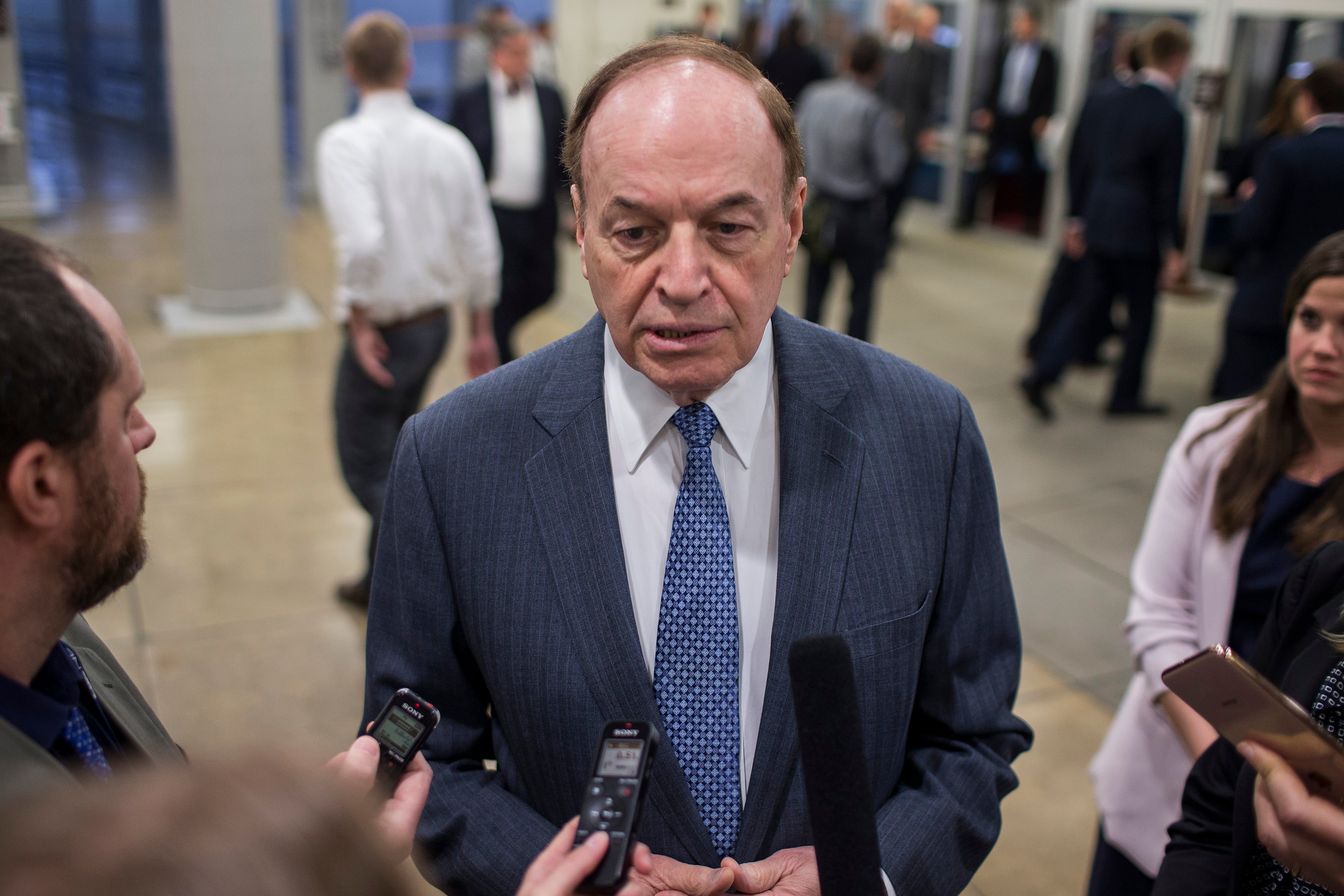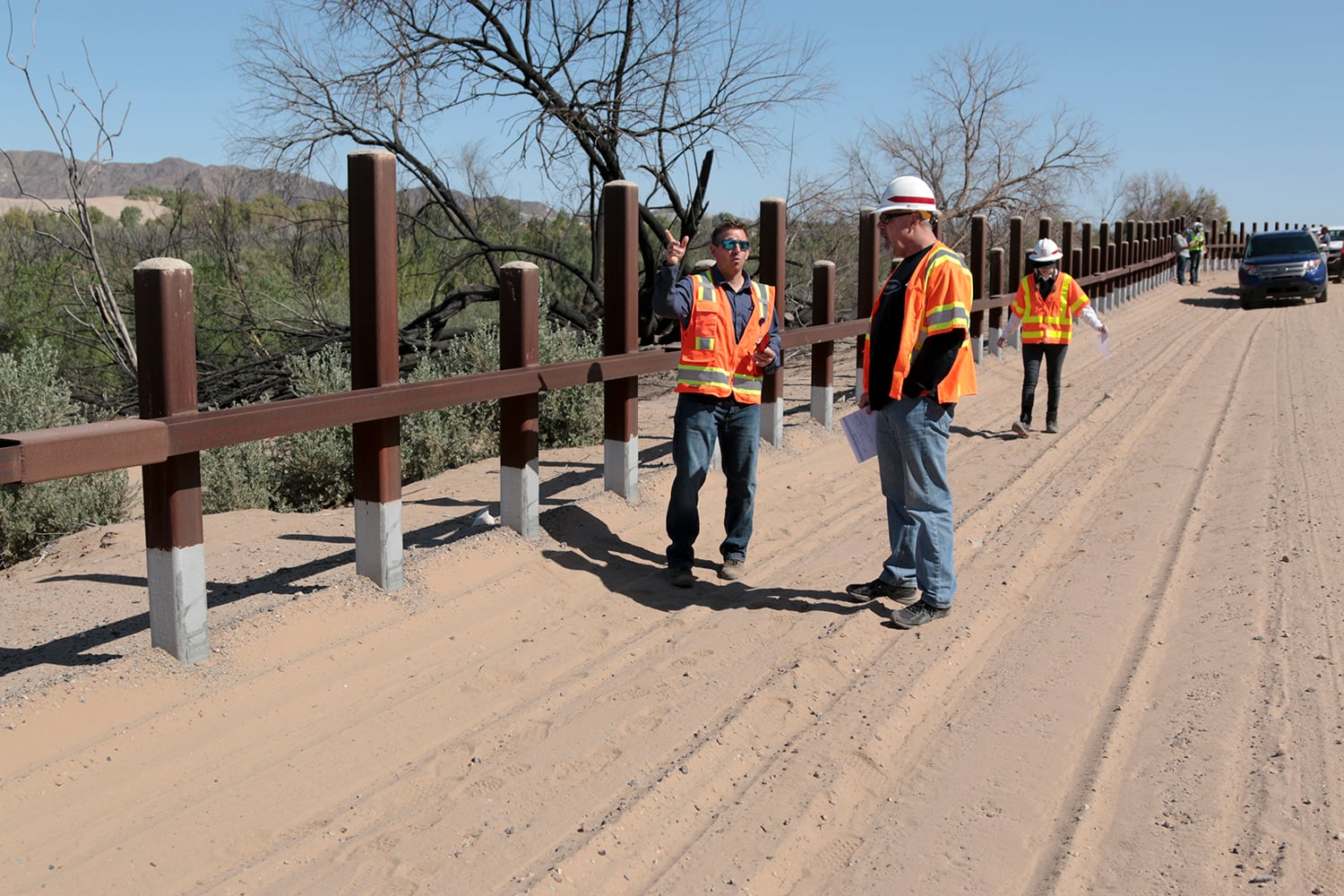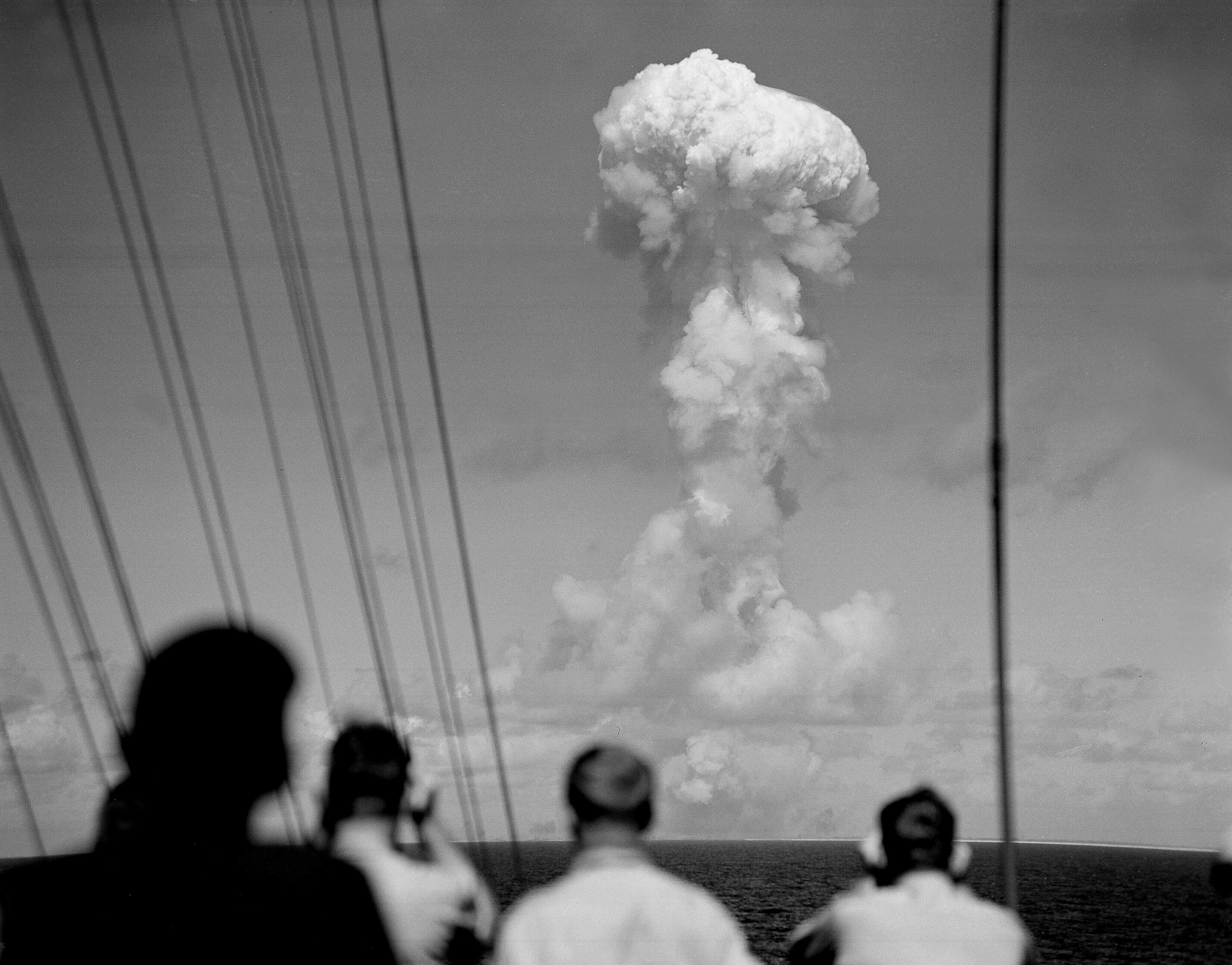WASHINGTON ― Republicans will be “forced” to vote as soon as Wednesday whether to end the president’s emergency diversion of military funding to his border wall, according to Senate Minority Leader Chuck Schumer, D-N.Y.
Schumer and other Democrats turned up the pressure on their GOP colleagues months after 12 Senate Republicans voted to end the emergency declaration and the House failed to override President Donald Trump’s veto.
The decision to force a second vote comes after the Pentagon released the list of 127 projects in 23 states and 19 allied countries that were deferred by the administration to devote $3.6 billion to the border wall.
“Now we have a whole number of Republicans who voted with the president who see their military bases being ransacked, pillaged,” Schumer said Tuesday. “I don’t think anyone, no matter what state they are from, will want to see money being taken away from their military installations, [which is] very much needed.”
RELATED

At a news conference Tuesday, Schumer hosted a retired middle school teacher to talk about delayed school construction on Fort Campbell, in Tennessee and Kentucky — that latter being the home state of Senate Majority Leader Mitch McConnell. McConnell, a Republican, reportedly plans to protect the project.
Several Republican senators have said the list’s release hadn’t changed their minds, including Sen. Dan Sullivan, whose state was hit hardest. Though the Pentagon is deferring $102 million in funding from projects in his home state of Alaska, Sullivan said he plans to repeat his vote in favor of the emergency declaration.
“While I do not agree with the decision to defer any military construction in Alaska, it should be noted that the Democrats’ obstruction to fund much needed border security has forced the Trump administration to undertake these measures,” Sullivan told National Journal in a statement. “Going forward, I will work with the Pentagon’s leadership and my Senate colleagues to reconstitute the necessary funding required to complete these projects.”
In the home state of Sen. Rick Scott, R-Fla., the administration deferred a new $17 million fire station at hurricane-struck Tyndall Air Force Base. The senator said he too would vote with the president and “make sure the money goes to the wall.”
“I don’t like that Democrats don’t want to fund the wall,” Scott said. “I want to make sure the wall gets funded, and I’ve talked to [the Department of Defense], and they’re convinced we will get our funding for the project.”
One of the 12 Senate Republicans who voted “no" last time is the other Republican senator from Florida, Sen. Marco Rubio ― who said he would again vote against the border emergency “on constitutional principles.”
Sen. Roger Wicker, R-Miss., a senior member of the Senate Armed Services Committee, said he plans to vote against the emergency again.
“To me, it’s a matter of conscience and protecting the separation of powers. We won’t always have a conservative Republican in the White House,” Wicker said, adding that he was subject to “very little lobbying” for him to change his vote.
“The president knows where the votes are, he’s got the votes and he’s worried about other issues.”
RELATED

Senate Minority Whip Dick Durbin, D-Ill., said he was unaware of Democratic outreach to Republicans. To illustrate the tricky politics in play, he made an oblique reference to Sen. Thom Tillis, R-N.C., who opposed the emergency in a Washington Post op-ed before voting with Trump.
“I don’t know what pressure these Republicans face in questioning presidential overreach,” Durbin said.
Sen. Michael Bennet, D-Colo., a 2020 presidential candidate, said Republicans voting to maintain the emergency would have to ignore that a Republican Congress previously voted against funding the president’s wall request and that the administration is seizing private land to host the wall.
“I don’t know how a single person who voted that way could call themselves a conservative ever, in the mirror,” Bennet said.
Joe Gould was the senior Pentagon reporter for Defense News, covering the intersection of national security policy, politics and the defense industry. He had previously served as Congress reporter.










